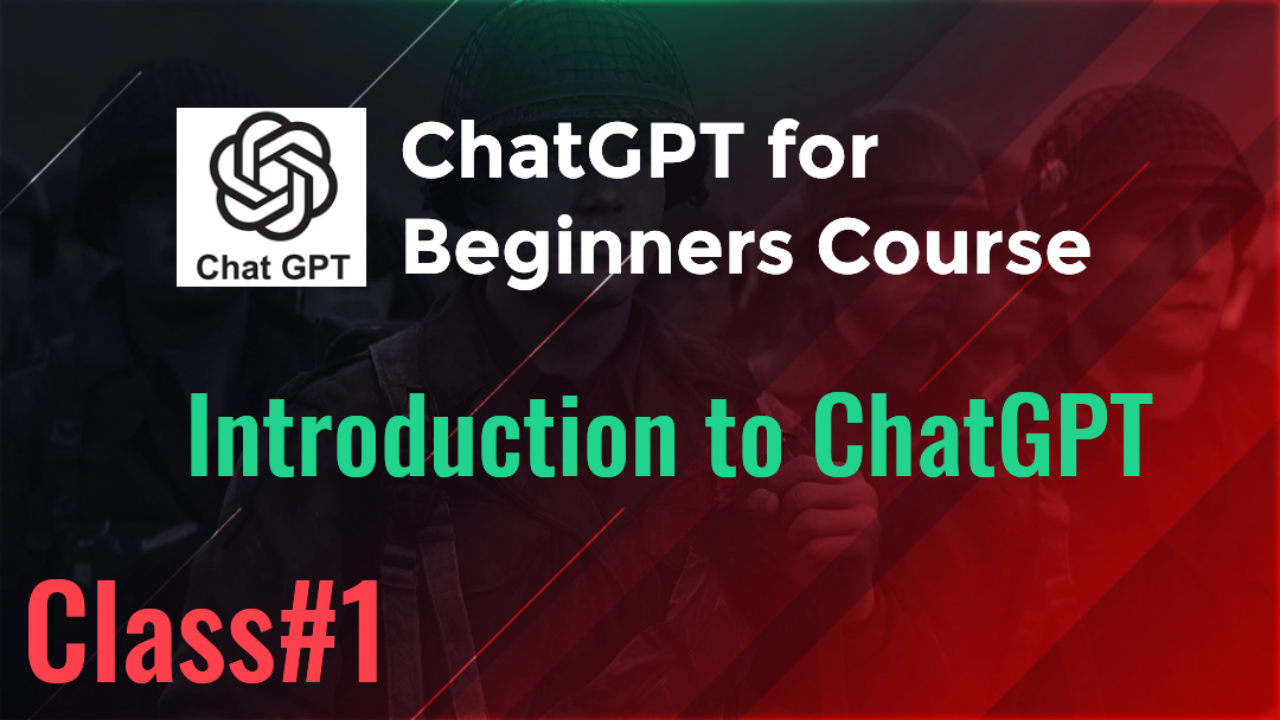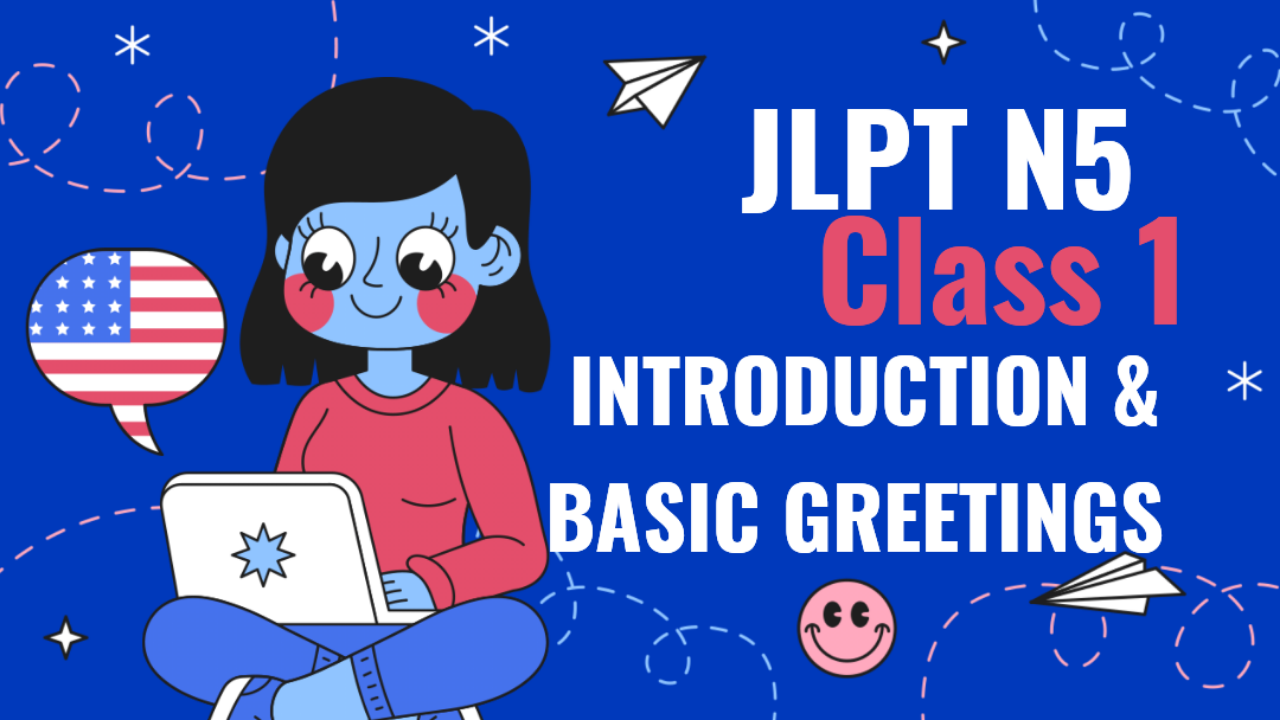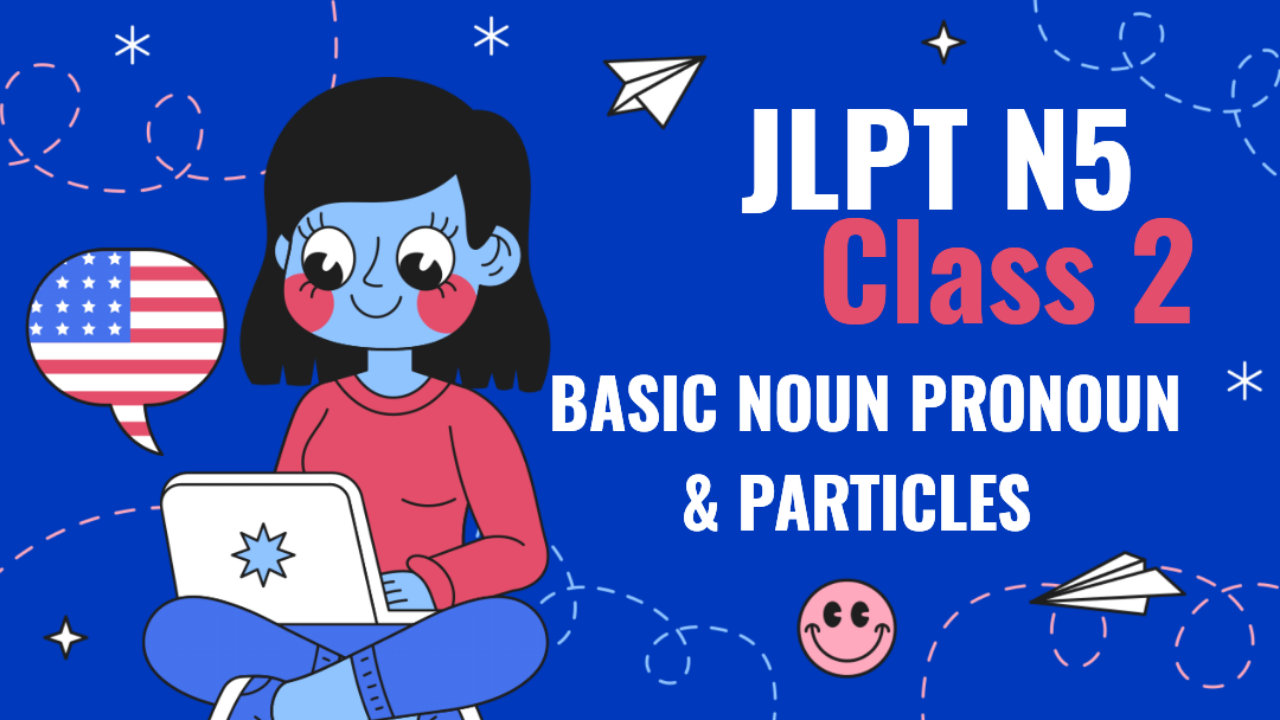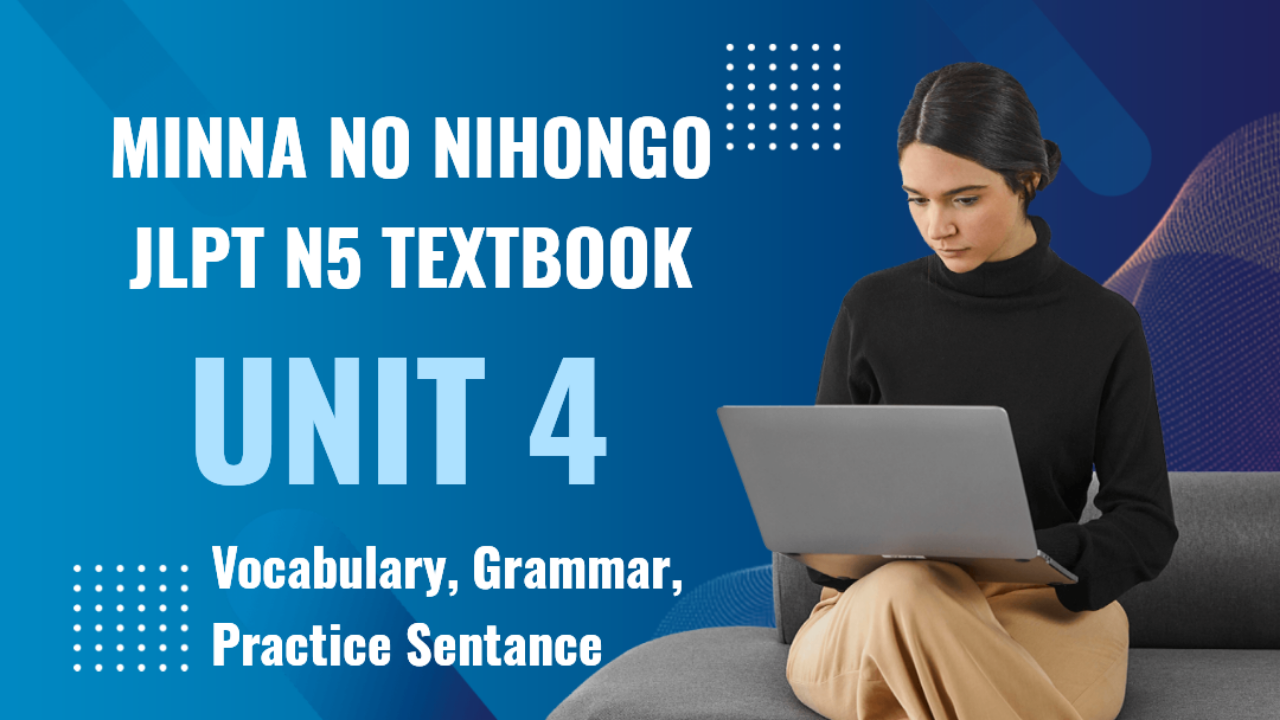Minna no Nihongo - Unit 18 Overview
Unit 18 introduces how to describe abilities using the potential form of verbs in Japanese. You will learn how to express what you or someone else is capable of doing, which is fundamental for describing skills and possibilities in everyday conversation.
1. Vocabulary (たんご)
In this unit, you’ll encounter useful vocabulary to express abilities and potential actions.
- できます (dekimasu) – to be able to do, can do
- うたいます (utaimasu) – to sing
- ひきます (hikimasu) – to play (a stringed instrument or piano)
- すてます (sutemasu) – to throw away
- あつめます (atsumemasu) – to collect, to gather
- かえます (kaemasu) – to exchange, to change
- よやくします (yoyakushimasu) – to reserve, to book
- けんがくします (kengakushimasu) – to visit a place for study purposes
Nouns:
- ピアノ (piano) – piano
- こくさい (kokusai) – international
- げんきん (genkin) – cash
- おいのり (oinori) – prayer
2. Grammar Points (ぶんぽう)
A. The Potential Form of Verbs
The potential form is used to express that someone “can” or “is able to” do something. Each verb group has its own way of forming the potential form.
-
Group 1 Verbs (う-verbs):
Change the final う sound to its corresponding え sound, then add る.- Examples:
- いきます (ikimasu) → いけます (ikemasu) (can go)
- よみます (yomimasu) → よめます (yomemasu) (can read)
- Examples:
-
Group 2 Verbs (る-verbs):
Drop ます from the dictionary form and add られます.- Examples:
- たべます (tabemasu) → たべられます (taberaremasu) (can eat)
- みます (mimasu) → みられます (miraremasu) (can see)
- Examples:
-
Irregular Verbs:
- します (shimasu) → できます (dekimasu) (can do)
- きます (kimasu) → こられます (koraremasu) (can come)
B. Using the Potential Form
-
Structure:
[Subject] は [Object] が [Verb in potential form]。- Examples:
- わたしは ピアノが ひけます。
(I can play the piano.) - かれは にほんごが はなせます。
(He can speak Japanese.)
- わたしは ピアノが ひけます。
- Examples:
-
Particles with the Potential Form:
In the potential form, the particle を that normally marks the direct object changes to が.- Examples:
- わたしは ほんが よめます。
(I can read books.) - わたしは にほんごが はなせます。
(I can speak Japanese.)
- わたしは ほんが よめます。
- Examples:
3. Example Sentences
-
わたしは にほんごが はなせます。
(I can speak Japanese.) -
ともだちは ピアノが ひけます。
(My friend can play the piano.) -
かれは さしみが たべられます。
(He can eat sashimi.) -
わたしは えいがが みられます。
(I can watch a movie.) -
あなたは くるまで いけますか。
(Can you go by car?)
4. Practice Sentences
-
わたしは すしが たべられます。
(I can eat sushi.) -
わたしは ギターが ひけます。
(I can play the guitar.) -
ともだちは えいごが はなせます。
(My friend can speak English.) -
あなたは にほんごが よめますか。
(Can you read Japanese?)
5. Summary
Unit 18 teaches you how to describe abilities using the potential form of verbs. This form allows you to talk about what you can or cannot do, making it essential for expressing your skills, permissions, and possibilities in various contexts. Practice transforming verbs into their potential forms and using them with appropriate particles to develop fluency in describing capabilities.





















